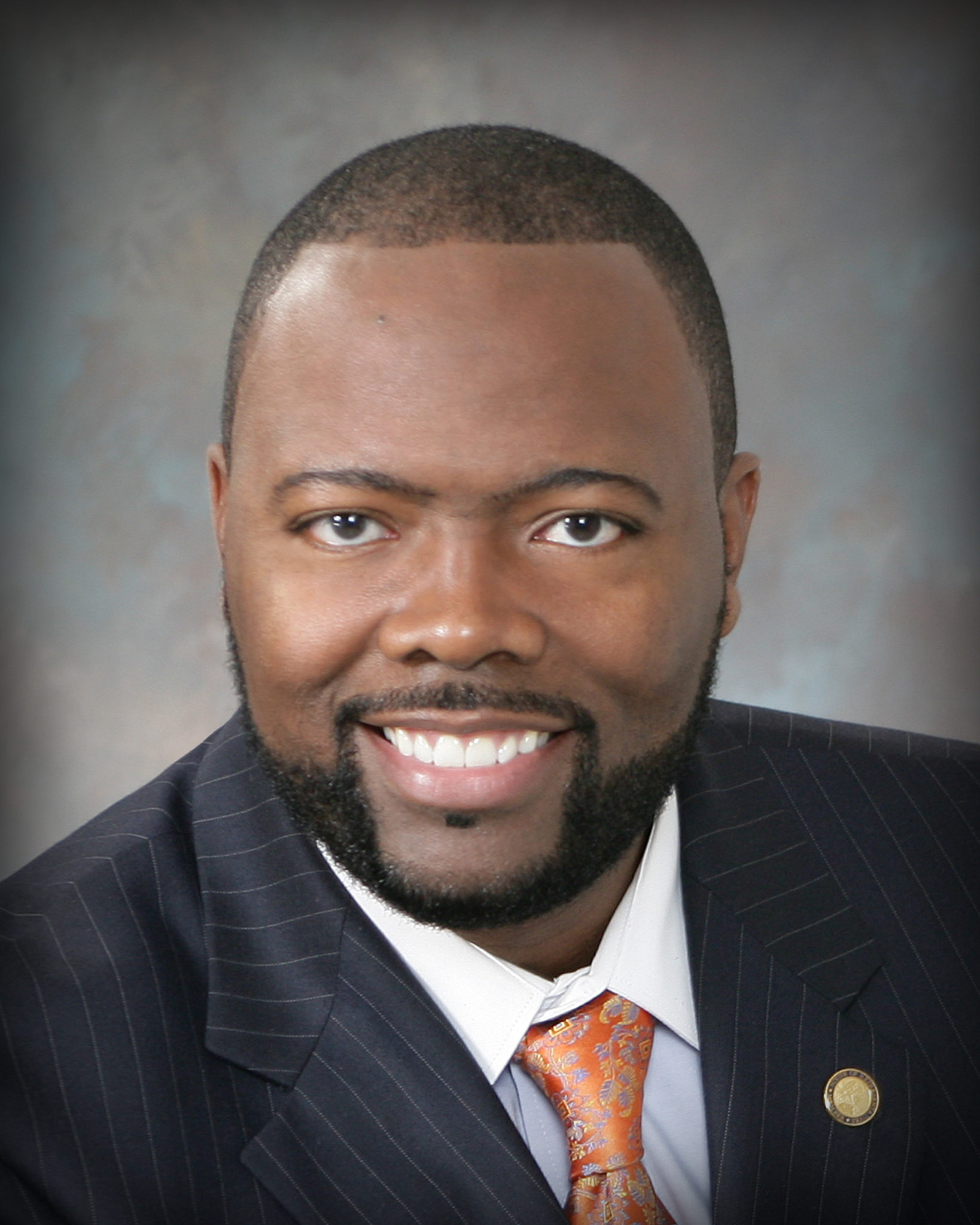
It was a busy week in DC for juvenile justice issues. First, President Obama on announced a ban on solitary confinement for juvenile offenders in the federal prison system, saying the practice is overused, and has the potential for devastating psychological consequences.
Many may be aware that the President has been touring federal prisons and actually talking to inmates and looking for real solutions to facility conditions and sentencing inequalities.
Also this week, the U.S. Supreme Court has offered hope to adults sentenced to life in prison without parole as juveniles by ruling that despite mandatory sentencing laws – juveniles offenders deserve the right to go before a parole board at some point during their convictions. This ruling adds to a 2010 Supreme Court ruling and makes the court’s decision retroactive.
Every week, my managing editor and I discuss various events and issues, and sometimes readers send in topics as well. When this topic hit my inbox a couple of years ago, it was hard to believe that so many African American youth were being sentenced to life in prison – and not just for murder, nonviolent crimes as well.
A recent article in Sarasota, Florida’s Herald-Tribune provided great insight to an issue that I have written about in the past, but never had the concrete figures to fully assess the problem.
That issue is juvenile incarceration rates; and Florida has become the toughest state in the nation as it relates to sentencing juvenile offenders – especially black males.
The figures are staggering. Writer Lloyd Dunkelberger states, “Outside of Florida, no other prisoner in the nation is serving a life sentence without parole for a juvenile burglary conviction.”
He adds, “Records show that Florida has handed out more life sentences to juveniles for non-murder crimes than have all other states combined.” Wait a minute, let me restate that fact in case you missed the significance of it.
Florida has handed out more life sentences to juveniles for non-murder crimes than have all other states combined.
How do you begin to explain or justify that fact?
Dunkelberger’s article was based on a preliminary study being conducted by Florida State University.
“Florida has sentenced 77 young men to spend their lives in prison, without any chance of release, based on non-homicide crimes they committed when they were 17 years old or younger, according to the research. Data also showed that six of those 77 youth were 13 or 14 at the time of their crimes.
We all know young folks who have done stupid things for one reason or another. Those youth deserve to be punished in some form, but how do you justify sentencing these young black men to life in jail for non-murder crimes?
Anyone can turn their life around despite the crimes they committed as youth. In fact, I have a cousin who was apart of a robbery at the age of 17. He served eight years in jail and has been out of jail for nearly 20 years and has been a model citizen.
Although he had a troubled childhood, he has been the model husband, father, and has moved up the ladder at his job. He was fortunate enough to have his voting rights restored and was able to vote for the first time last year.
There are many people out there like my cousin who did something silly as a youth and turned their lives around as adults.
Dunkelberger also stated, “The Tribunes review of state records show that some juveniles were given life without parole for as few as one or two convictions of non-homicide crimes.”
Perhaps A. Phillip Randolph said it best when he said, “Equality is the heart and essence of democracy, freedom, and justice.”
At least the issue isn’t being ignored. Various nonprofits and human rights groups are pushing a lawsuit that’s headed to the U.S. Supreme Court. These groups are claiming the obvious – that such sentences violate the Constitution’s ban on cruel and unusual punishment.
Many people both inside and outside of the state of Florida consider the state to be different from the traditional southern states. And in many ways Florida is different because of the diverse groups that make up the state, but the state obviously still harbors deep racial issues from the past.
And some of my readers may be saying – there he goes again, but I would challenge anyone to rationalize the juvenile incarceration information being released.
I must say that I am ashamed of what’s going on in this state. We are essentially convicting children who have not murdered anyone to prison for the rest of their lives and in many cases, without parole.
The research also showed that only, and I did say “only” Florida has sent juvenile criminals away for life for burglary, battery, and carjacking.
The data also shows that Forty-six juveniles in Florida were given life for armed robbery.
All I can say is “wow.” The Sunshine State has certainly become the Mecca of injustice as it relates to juvenile crime. Ultimately, the Supreme Court may have the last say in this issue, but that doesn’t mean as citizens we can’t do something about it through legislation or referendum.
Signing off from Tallahassee,
Reggie Fullwood

Be the first to comment